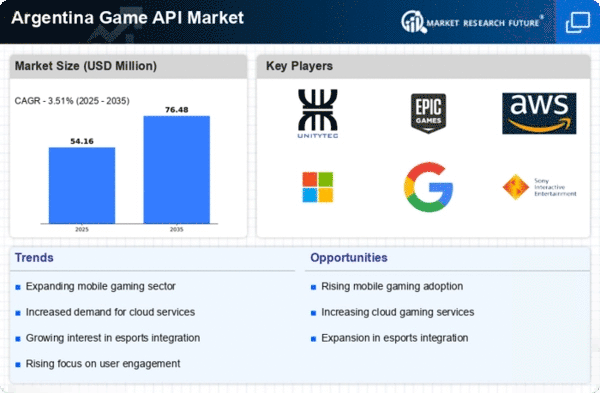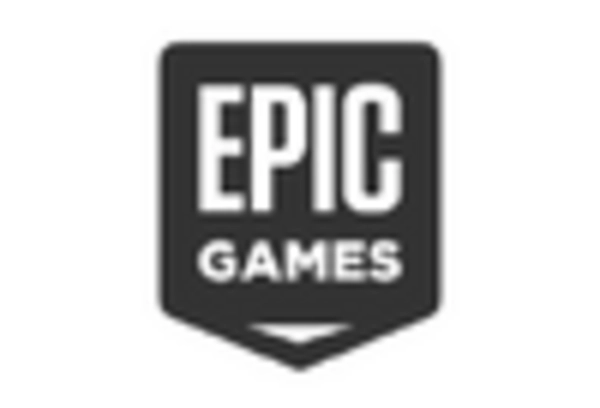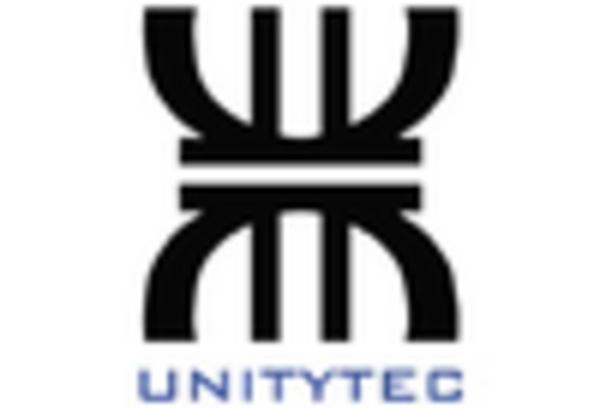Expansion of E-Sports
The e-sports phenomenon is significantly influencing the game api market in Argentina. With a growing number of tournaments and competitive gaming events, the demand for APIs that support e-sports functionalities is on the rise. In 2025, the e-sports audience in Argentina is projected to reach 5 million, indicating a substantial market for developers. This growth necessitates the development of APIs that can handle large volumes of data and provide seamless user experiences during live events. The game api market is thus adapting to these needs, fostering innovation and collaboration among developers to create solutions tailored for the e-sports sector.
Focus on Localized Content
The demand for localized content is becoming increasingly important in the game api market in Argentina. As gamers seek experiences that resonate with their cultural context, developers are prioritizing the creation of games that reflect local narratives and languages. This trend is evident in the rise of indie game studios that focus on regional themes, which has led to a 40% increase in locally developed games over the past year. Consequently, the game api market is adapting by providing APIs that facilitate localization processes, enabling developers to efficiently tailor their games for the Argentine audience.
Rising Popularity of Cloud Gaming
Cloud gaming is emerging as a transformative force within the game api market in Argentina. With advancements in internet infrastructure and increased access to high-speed connections, more gamers are turning to cloud-based platforms for their gaming needs. By 2025, it is estimated that cloud gaming will account for 25% of the gaming market in Argentina. This shift is prompting developers to create APIs that support cloud gaming functionalities, such as low-latency streaming and cross-platform compatibility. The game api market is thus evolving to accommodate these new requirements, potentially reshaping the landscape of gaming in the country.
Increased Investment in Game Development
Investment in game development is a critical driver for the game api market in Argentina. The local government has initiated various programs to support the gaming industry, including funding and tax incentives for developers. As a result, the number of game development studios in Argentina has increased by over 30% in the past two years. This influx of new studios is creating a demand for specialized APIs that can streamline development processes and enhance game functionality. The game api market is likely to benefit from this trend, as more developers seek to leverage APIs to create innovative gaming solutions.
Growing Demand for Interactive Experiences
The game api market in Argentina is experiencing a notable surge in demand for interactive gaming experiences. This trend is driven by the increasing popularity of multiplayer and online gaming, which has become a staple for many gamers. As of 2025, approximately 70% of gamers in Argentina prefer games that offer social interaction and competitive elements. This shift is prompting developers to seek robust APIs that facilitate real-time interactions and enhance user engagement. Consequently, the game api market is witnessing a rise in investments aimed at creating more immersive gaming environments, which could potentially lead to a more vibrant gaming ecosystem in the country.
















